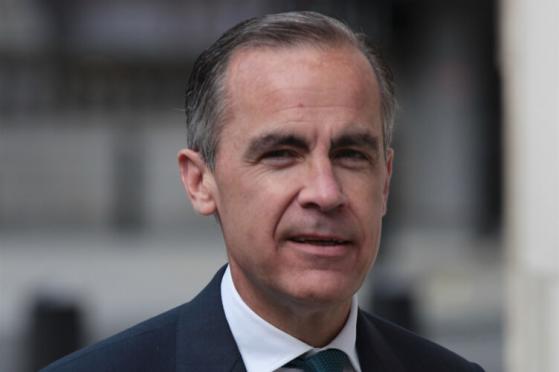As G20 nations prepare to meet in Argentina for the 2018 summit, the Financial Stability Board (FSB) – coordinator of financial regulation for the G20 – has stated that cryptocurrencies pose no dangers to the global economy. The crypto market has responded to the news with a cautiously optimistic upturn.
In a letter addressed to G20 finance ministers and central bank governors, dated March 18, FSB head Mark Carney – who also serves as the Bank of England (BoE) governor – confirmed that the FSB had undertaken a review of the possible threats cryptocurrencies might pose to global financial stability, and determined that there was no such risk.
He pointed out that crypto-assets form a small part of the financial system (at their peak late last year, they were worth less than 1% of global GDP):
“Their small size, and the fact that they are not substitutes for currency and with very limited use for real economy and financial transactions, has meant the linkages to the rest of the financial system are limited.”
Carney adopted a balanced approach to cryptocurrencies, admitting that while they raised concerns about investor protection and their usage in criminal activities such as money laundering, the technology underlying digital currencies could potentially “improve the efficiency and inclusiveness of both the financial system and the economy”.
Concerning the regulation of cryptocurrencies, Carney (who also previously called for crypto regulation in his capacity as BoE governor) suggested the need for “international coordination”, given the global nature of the cryptocurrency market. He also confirmed that the financial watchdog would favor the review of existing rules, as opposed to introducing new regulations altogether:
“… the FSB is increasingly pivoting away from design of new policy initiatives towards dynamic implementation and rigorous evaluation of the effects of the agreed G20 reforms.”
The letter noted that the crypto market continues to evolve, and the FSB may revise its initial assessment if required. At present, meanwhile, Carney chalked out an action point to ensure regular monitoring and timely identification of any emerging risks or gaps:
“The FSB will identify metrics for enhanced monitoring of the financial stability risks posed by crypto-assets and update the G20 as appropriate.”
Carney’s statements come at a time when the crypto market is reeling from the after-effects of increased regulatory pressure from governments and financial authorities worldwide. Earlier, G20 countries France and Germany joined the rising global chorus calling for stricter regulation of cryptocurrencies – both countries are preparing to present a joint proposal for crypto regulation at the G20 summit.
The FSB’s comments appear to have contributed to an uptick in the crypto market, which has been caught in a prolonged slump since countries such as China and South Korea moved to tighten their grip on cryptocurrencies.
While the FSB’s statement may temporarily temper the otherwise increasingly hostile regulatory climate for cryptocurrencies, what transpires as world leaders meet at the G20 summit on Monday and Tuesday this week remains to be seen.
This article appeared first on Cryptovest
